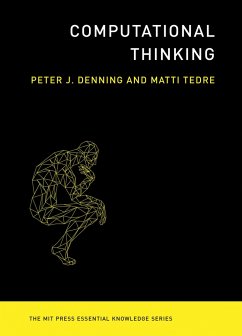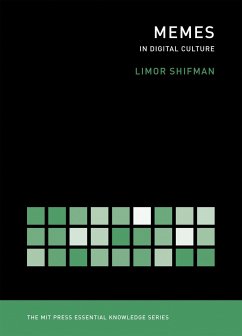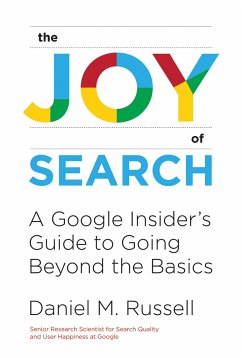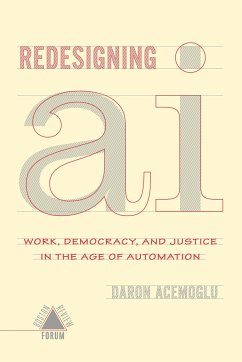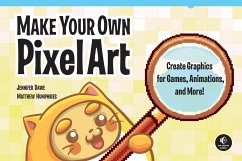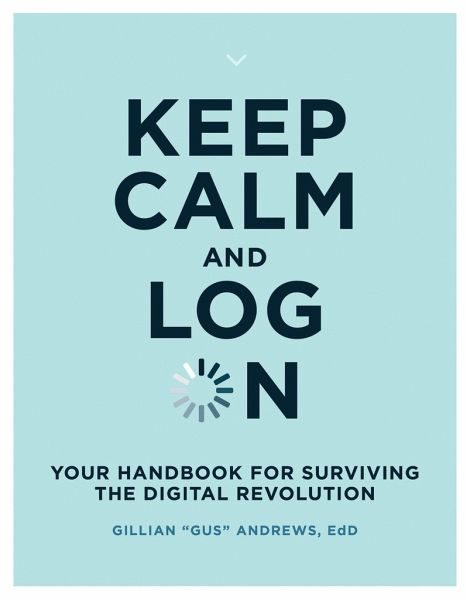
Keep Calm and Log on
Your Handbook for Surviving the Digital Revolution

PAYBACK Punkte
9 °P sammeln!
How to survive the digital revolution without getting trampled: your guide to online mindfulness, digital self-empowerment, cybersecurity, creepy ads, trustworthy information, and more.Feeling overwhelmed by an avalanche of online content? Anxious about identity theft? Unsettled by the proliferation of fake news? Welcome to the digital revolution. Wait wasn't the digital revolution supposed to make our lives better? It was going to be fun and put the world at our fingertips. What happened? Keep Calm and Log On is a survival handbook that will help you achieve online mindfulness and overcome on...
How to survive the digital revolution without getting trampled: your guide to online mindfulness, digital self-empowerment, cybersecurity, creepy ads, trustworthy information, and more.
Feeling overwhelmed by an avalanche of online content? Anxious about identity theft? Unsettled by the proliferation of fake news? Welcome to the digital revolution. Wait wasn't the digital revolution supposed to make our lives better? It was going to be fun and put the world at our fingertips. What happened? Keep Calm and Log On is a survival handbook that will help you achieve online mindfulness and overcome online helplessness the feeling that tech is out of your control with tips for handling cybersecurity, creepy ads, untrustworthy information, and much more.
Taking a cue from the famous World War II morale-boosting slogan ( Keep Calm and Carry On ), Gus Andrews shows us how to adapt the techniques our ancestors used to survive hard times, so we can live our best lives online. She explains why media and technology stress us out, and offers empowering tools for coping. Mindfulness practices can help us stay calm and conserve our attention purposefully. Andrews shares the secret of understanding our own opinions'' family trees in order to identify misleading fake news. She provides tools for unplugging occasionally, overcoming feelings that we are bad at technology, and taking charge of our security and privacy. Andrews explains how social media algorithms keep us from information we need and why creepy ads seem to follow us online. Most importantly, she urges us to work to rebuild the trust in our communities that the internet has broken.
Feeling overwhelmed by an avalanche of online content? Anxious about identity theft? Unsettled by the proliferation of fake news? Welcome to the digital revolution. Wait wasn't the digital revolution supposed to make our lives better? It was going to be fun and put the world at our fingertips. What happened? Keep Calm and Log On is a survival handbook that will help you achieve online mindfulness and overcome online helplessness the feeling that tech is out of your control with tips for handling cybersecurity, creepy ads, untrustworthy information, and much more.
Taking a cue from the famous World War II morale-boosting slogan ( Keep Calm and Carry On ), Gus Andrews shows us how to adapt the techniques our ancestors used to survive hard times, so we can live our best lives online. She explains why media and technology stress us out, and offers empowering tools for coping. Mindfulness practices can help us stay calm and conserve our attention purposefully. Andrews shares the secret of understanding our own opinions'' family trees in order to identify misleading fake news. She provides tools for unplugging occasionally, overcoming feelings that we are bad at technology, and taking charge of our security and privacy. Andrews explains how social media algorithms keep us from information we need and why creepy ads seem to follow us online. Most importantly, she urges us to work to rebuild the trust in our communities that the internet has broken.






